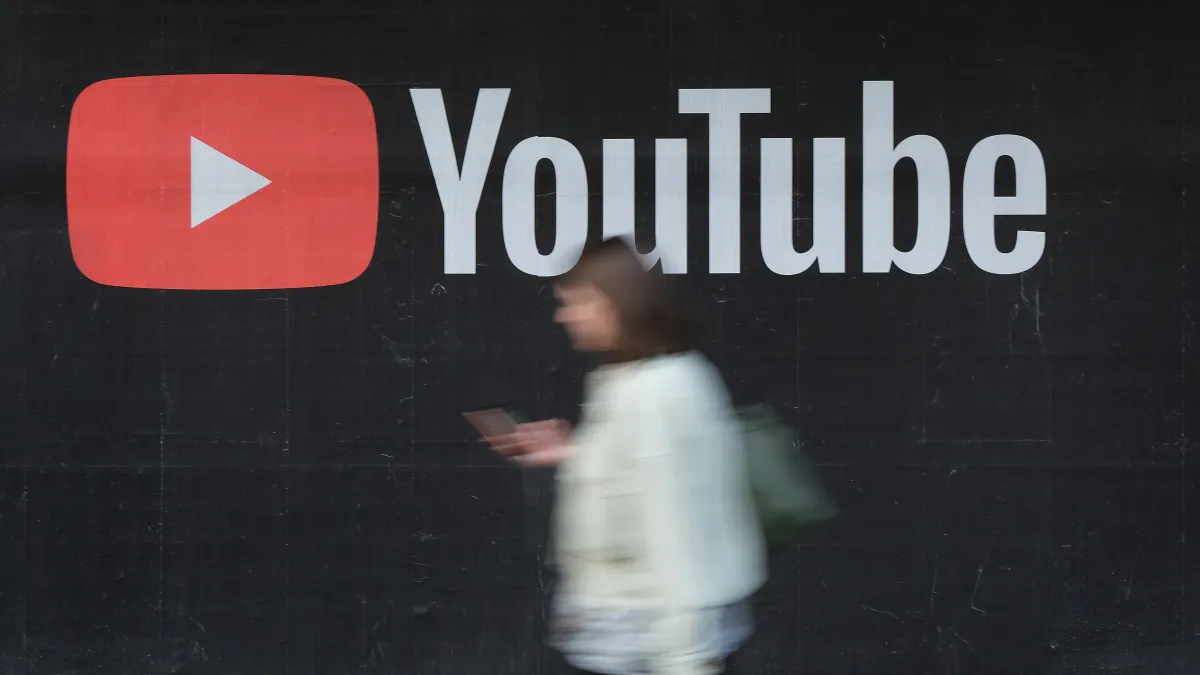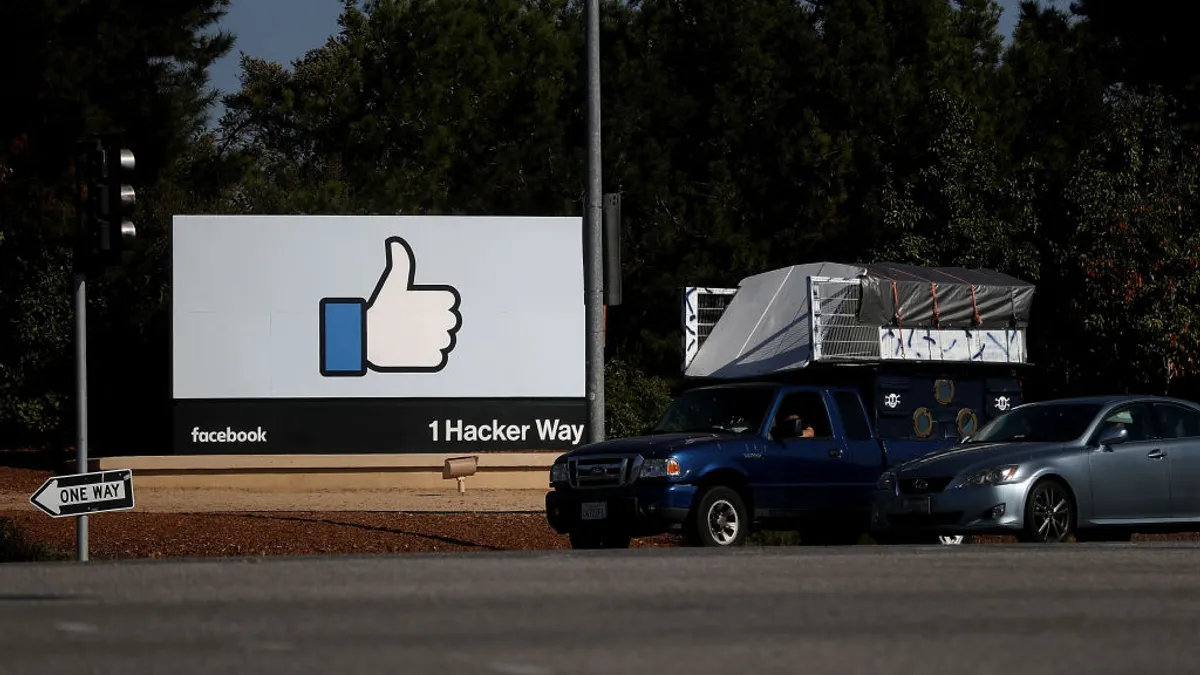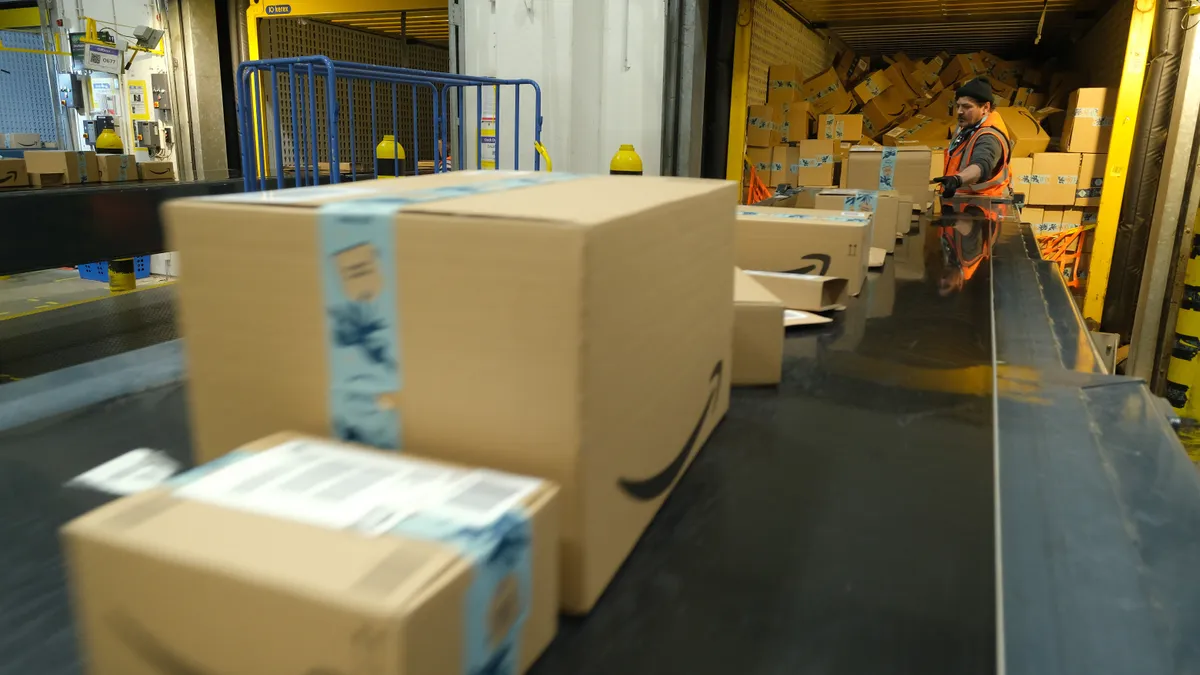Dive Brief:
- Sixty-six percent of employee respondents feel their boss cares more about their team contributions than where and when the work gets done, Robert Half data suggests.
- Twenty-one percent of workers said they’re equally productive no matter where they work, while 35% said they’re more productive at home. Of the cohort who commute into the office, 16% said they perform best in a collaborative space and 43% said they do best in a private one.
- Last year, Robert Half found that some employers were starting to embrace the en vogue workplace flexibility. In its November 2021 report, 27% of managers said they were fine with their reports putting in less than 40 hours a week so long as the work was completed.
Dive Insight:
The finding that more bosses are warming up to the hybrid work model — and all of its fluidity and ambiguity — is remarkable given the employer discomfort that has been on display for the past two years. Not only were business leaders implementing measures like tracking office access card swipes, but they also ramped up voyeurism of employees.
An October 2021 report suggested that most remote-enabled workplaces monitored employees — 60% of employers surveyed by Digital.com admitting to using software that tracked worker activity and productivity. Fourteen percent still had not told their workers about the software at the time of the study, and 88% said they had fired personnel since implementing monitoring.
A wide-reaching survey from the University of St. Andrews and the European Commission’s Joint Research Council captured the full scope of the issue; workplaces in the U.K., Europe and the U.S. increasingly employed desktop monitoring, including keystroke and webcam. Between April 2019 and 2020, demand for employee monitoring software jumped 108%, researchers said. Some vendors reported pandemic-era sales inquiries increased by 333%.
Workers in the U.S. overwhelmingly have campaigned for the ability to work remotely; in fact, the offering or dissolution of that benefit has directly driven workers away from their current gigs and toward open roles. As remote-capable employees continue to embrace this flexibility, HR managers should stay aware of the potential for proximity bias.
While relinquishing control has been difficult for many managers, Robert Half’s senior executive director, Paul McDonald, explained how the hybrid work debate is an exercise in trust.
"Employees need to show they can manage their time by meeting deadlines and being available to collaborate. And in turn, managers need to lead by example and evaluate performance based on achieving business and individual goals,” McDonald said in a statement on the report. He also emphasized that open communication is crucial for navigating hybrid work.
"Understanding work habits and preferences — and focusing on results — is key to maximizing productivity,” he said. “When team members communicate their schedules and are aligned on goals, they're more effective."


























